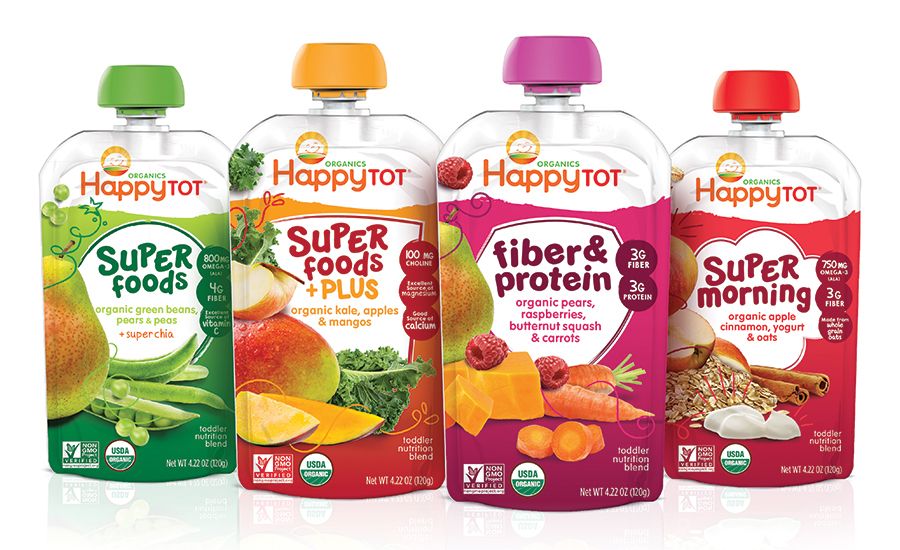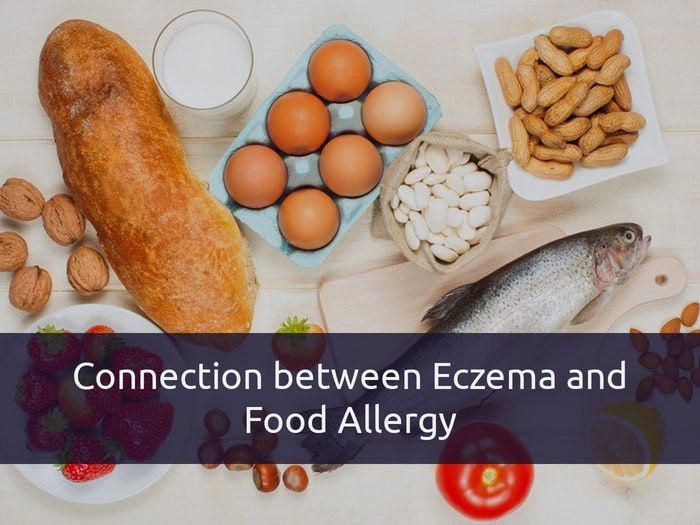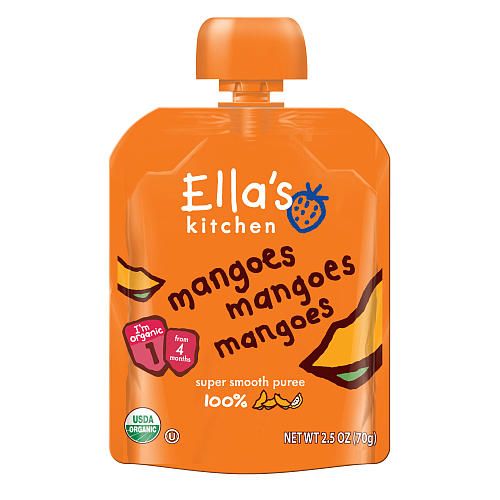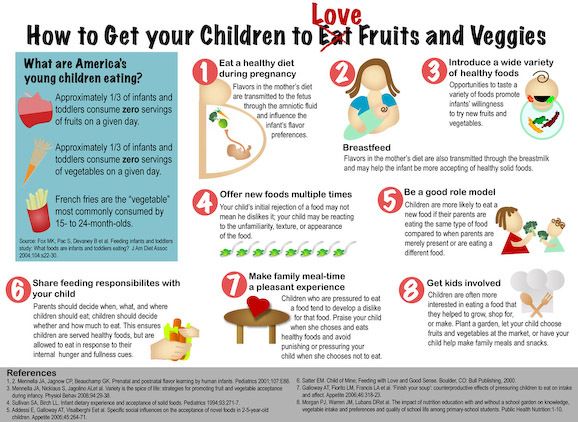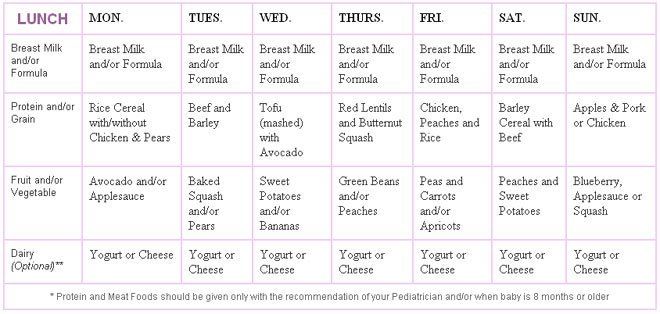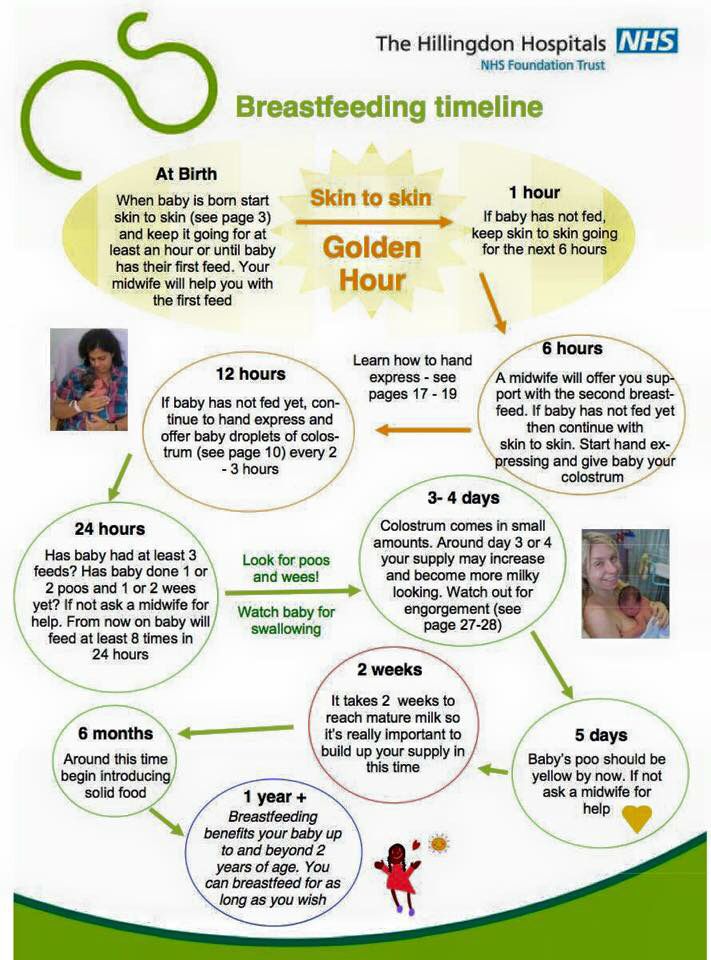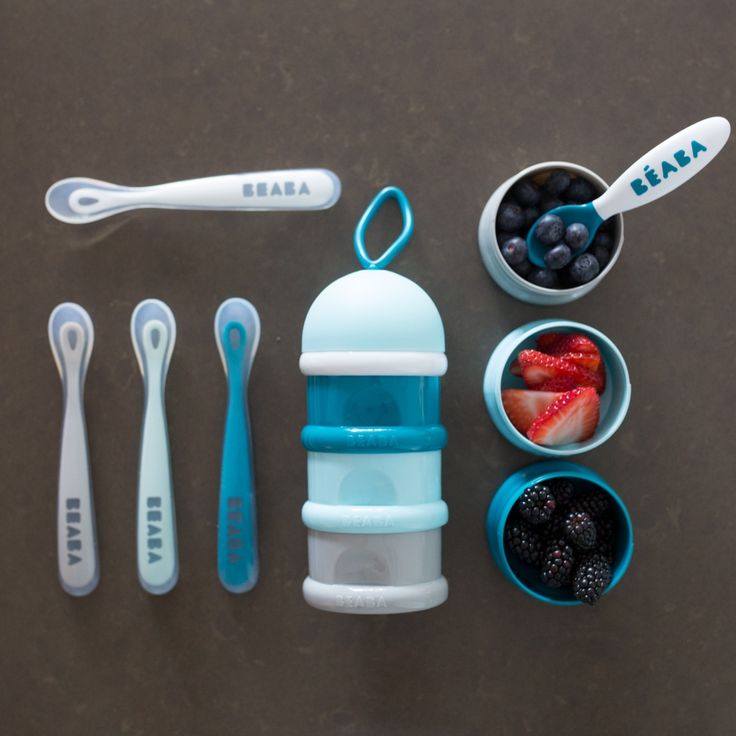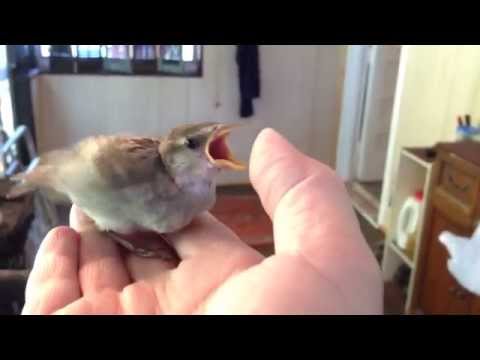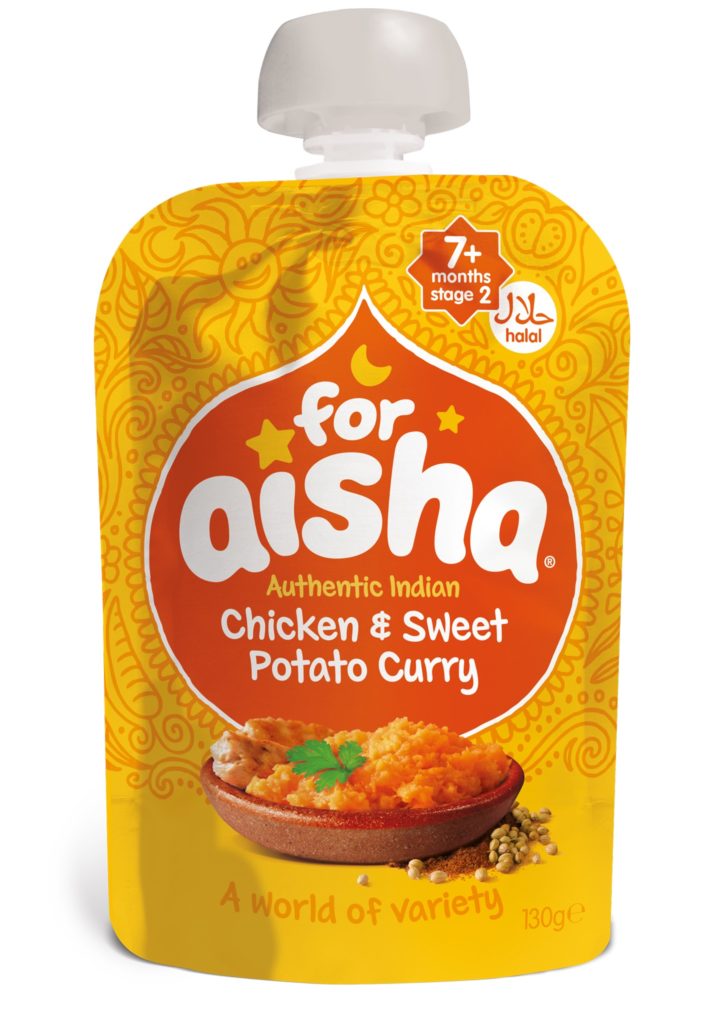What brands of baby food contain lead
Toxic Heavy Metals And Baby Food
A recent congressional report from the U.S. House Committee on Oversight and Reform found that many baby foods contain high levels of toxic metals, including arsenic, lead, mercury, and cadmium. These metals appear in baby foods from at least seven brands, in levels much higher than the government allows in bottled water. And exposure to these metals could lead to brain damage. Here’s what parents need to know about toxic metals in baby food, including how to reduce baby’s exposure to these metals.
1. Toxic metals have been found in 7 major brands of baby food, including organic brands.
The 2021 report found that several brands of baby food contain high levels of arsenic, lead, and cadmium, including:
- Beech-Nut
- Earth’s Best Organic
- Gerber
- Plum Organics (made by Campbell)
- Walmart/Parent’s Choice
- Sprout Organic Foods
These are some of the biggest baby food manufacturers in the United States.
Some of the companies responded to the investigators’ requests for information about how they test for toxic metals, and how much of these metals they’ve found. But other companies (Walmart, Campbell/Plum Organics and Sprout) didn’t respond.
One of the baby food brands was confirmed to contain mercury as well---but the other brands listed don’t test for mercury, raising the concern that it may be even more common in baby foods.
2. Toxic metals can cause brain damage in babies, and some can cause cancer.
Arsenic, lead, mercury, and cadmium have neurotoxic effects. This means that they can cause brain damage that can’t be reversed, even if they’re only consumed in small amounts.
Babies are especially vulnerable to these metals’ effects. Exposure to these metals can hinder babies’ brain development and long-term brain function, lead to behavioral impairments, and sometimes lead to death.
Arsenic is also a carcinogen---it increases baby’s risk of cancer when they are exposed.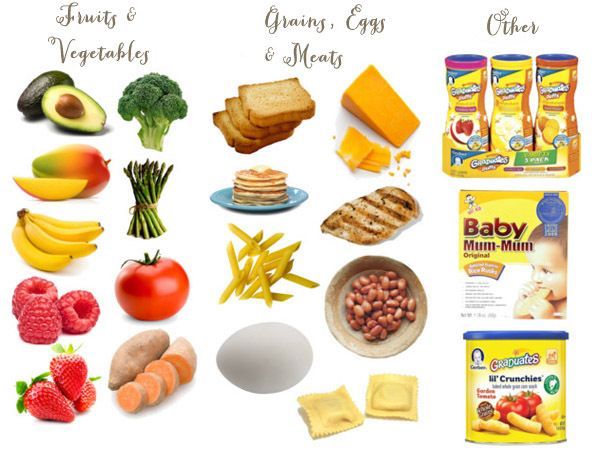
3. The 2021 report isn’t the first to draw attention to the toxic metal problem.
The 2021 congressional report was launched after a 2019 study by Healthy Babies, Bright Futures found that over 9 in 10 commercial baby foods (95%, or 159 of the 168 baby foods they tested) contained metals that can negatively affect baby’s brain development. That report also found that “87% of foods tested contained more than one toxic heavy metal.”
4. The government doesn’t regulate the amounts of toxic metals in most baby food.
The government closely regulates the amounts of arsenic, lead, and cadmium in bottled water. But as far as baby foods are concerned, the government only regulates the amount of arsenic in baby rice cereal. It currently doesn’t set limits for any toxic metals in any other baby food. It also doesn't mark baby foods that have high levels of toxic metals.
And even the maximum amount of arsenic allowed in rice cereal (100 parts per billion) has been criticized as too high to protect babies, including by the writers of the 2021 congressional report.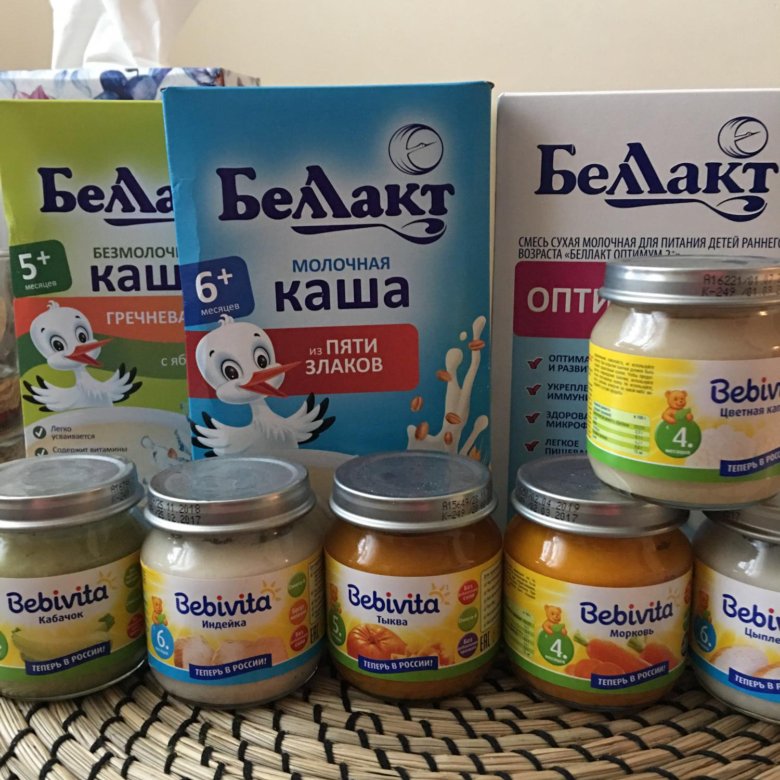
5. Sometimes, toxic metals show up naturally in grains and vegetables.
Some vegetables, like carrots and sweet potatoes, naturally have high levels of lead and cadmium, absorbed from the soil. And rice easily absorbs large amounts of arsenic from the soil. Other plants sometimes absorb the toxic metals as well, but in much smaller amounts.
But sometimes, baby food manufacturers end up increasing the amounts of toxic heavy metals in baby foods during the manufacturing process, like when they add vitamins and minerals that are tainted with these metals.
6. To reduce baby’s exposure to toxic metals, don’t feed baby rice cereal.
It’s almost impossible to completely avoid heavy metals, as many foods absorb them from the ground in very small amounts. But there are ways to sharply limit baby’s exposure to them.
How to minimize baby's exposure to toxic metals?
First, stay away from baby rice cereal and other baby foods made with rice flour, as rice products contain much more arsenic than other grains.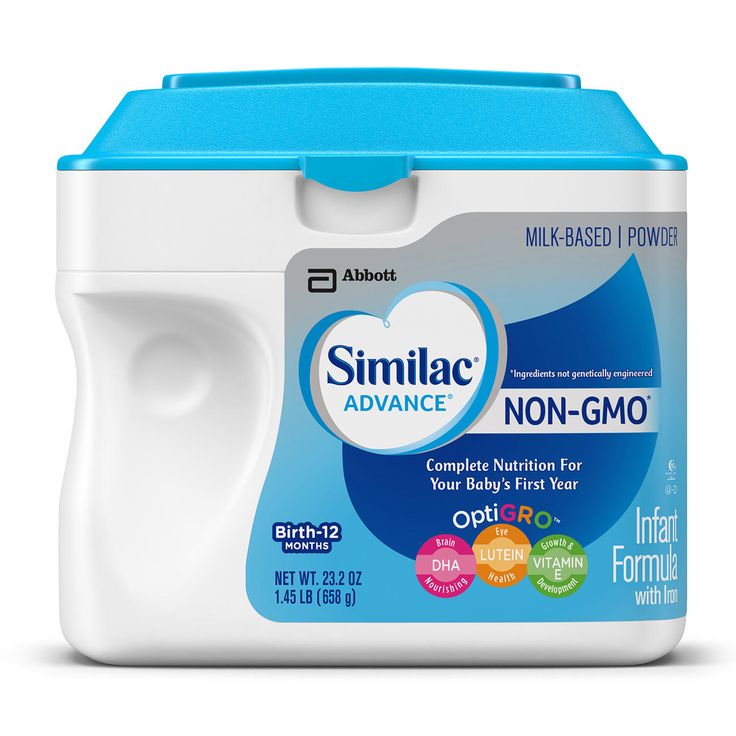 Feed baby oats, barley, wheat, buckwheat, and/or quinoa instead, as these grains are very low in arsenic. And prioritize fruits and vegetables as baby’s first foods instead.
Feed baby oats, barley, wheat, buckwheat, and/or quinoa instead, as these grains are very low in arsenic. And prioritize fruits and vegetables as baby’s first foods instead.
Read more on baby rice cereal and arsenic.
7. Focus on feeding a variety of foods to reduce heavy metal exposure.
Prioritize buying and feeding a variety of unprocessed fruits and vegetables, and homemade purees, over commercial baby foods.
(Many commercial baby foods also contain added sugar that babies don’t need, in addition to the high levels of heavy metals---another reason to steer clear.)
Also, feed a variety of fruits and vegetables rather than eliminating carrots and sweet potatoes outright. Carrots and sweet potatoes have plenty of nutritional benefits for baby, even though their lead and cadmium levels tend to be higher.
Feeding a variety of fruits and vegetables helps limit exposure to heavy metals from foods where they are most common. And as an added benefit, feeding a diverse, healthy diet helps set babies up to choose and enjoy many healthy foods throughout their lives.
Learn more about the how to teach good eating habits from Good Morning America:
8. Don’t beat yourself up if you’ve fed your baby purees from the brands mentioned.
Fed is best---so don’t worry if you’ve already fed your baby a lot of commercial baby foods. It’s very difficult to remove all heavy metals from foods (as they are often absorbed from soil). Instead, focus on minimizing exposure to foods that are identified as high in these metals.
The most important things you can do from here on out are to avoid rice and introduce a variety of foods.
In fact, if you already have many jars of commercial baby food from the brands mentioned, don’t feel like you have to throw them out. Instead, use the jars gradually as you also feed baby diverse types of unprocessed foods.
--------------------------------
All health-related content on this website is for informational purposes only and does not create a doctor-patient relationship.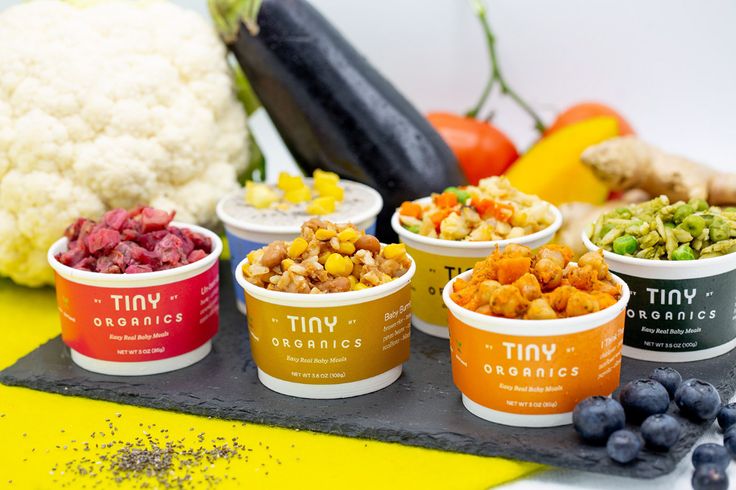 Always seek the advice of your own pediatrician in connection with any questions regarding your baby’s health.
Always seek the advice of your own pediatrician in connection with any questions regarding your baby’s health.
These statements have not been evaluated by the Food and Drug Administration. Products are not intended to diagnose, treat, cure or prevent any disease.
See the FDA Peanut Allergy Qualified Health Claim at the bottom of our homepage.
'High levels' of toxic heavy metals found in baby food: Report
3:28
STOCK PHOTO/Getty Images
Consumer Reports claims heavy metals were found in popular baby foods
By Katie Kindelan
Several popular baby food brands contain "high levels" of toxic heavy metals -- and they are not doing enough to stop the practice, according to a new report released Wednesday by a U.S. House Oversight subcommittee.
Brands including Gerber, Plum Organics, Beech-Nut and Walmart are named in the report, which calls on baby food manufacturers to begin voluntarily testing their products for toxic heavy metals and to phase out products that contain large amounts of ingredients that test high in toxic heavy metals.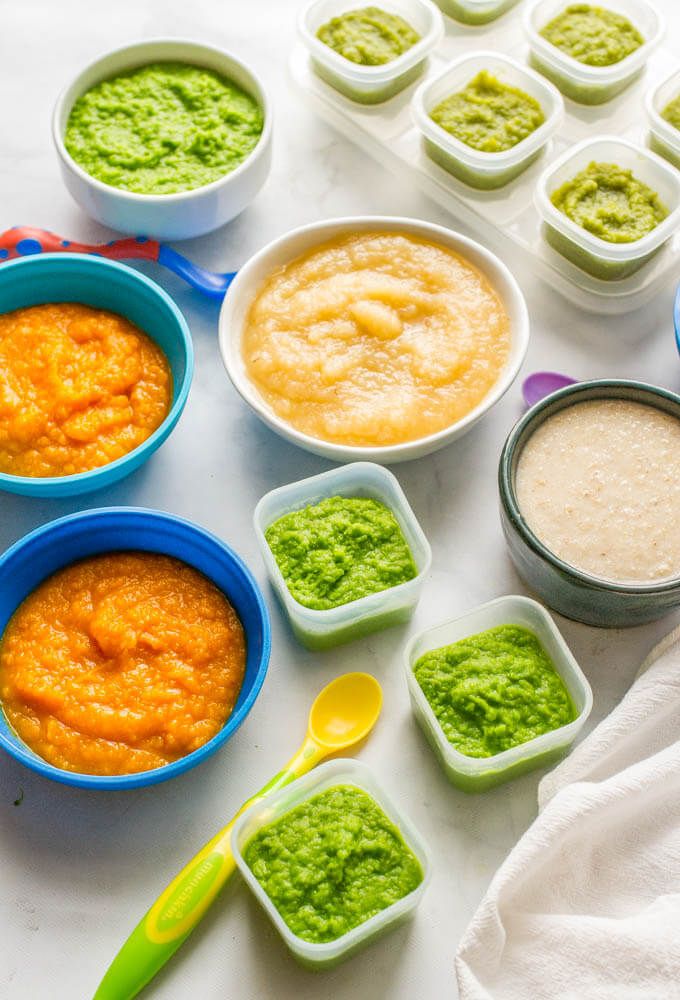
The report also calls on the U.S. Food and Drug Administration (FDA) to hurry in releasing its standards for heavy metals in baby foods and to, in the meantime, require baby food makers to test their finished products for heavy metals.
"Today's report reveals that companies not only under-report the high levels of toxic content in their baby food, but also knowingly keep toxic products on the market," Rep. Raja Krishnamoorthi, D-Ill., chairman of the Subcommittee on Economic and Consumer Policy, said in a statement. "The facts speak for themselves, and the fact of the matter is that the baby food industry has consistently cut corners and put profit over the health of babies and children."
The FDA announced in April its Closer to Zero plan, which has a goal of reducing exposure to toxic elements in foods eaten by kids and babies "to the lowest possible levels."
In response to the call to action in the subcommittee's report, the FDA told ABC News it plans to announce "soon" the date for a public meeting that will "address questions around the scope of the Closer to Zero plan. "
"
"We have continued our sampling to help inform our process to set levels, and we are working to strengthen our relationships with federal partners, industry and advocates to ensure that we make meaningful and lasting reductions in exposure to toxic elements from foods," the FDA said in the statement.
Editor's Picks
1
2
3
MORE: Two-thirds of pediatricians not following full guidelines on peanut allergy prevention, report finds
In some cases, some of the baby food products analyzed carried as much as 91 times the allowable arsenic level, 177 times the lead level, 69 times the cadmium level and up to five times the mercury level, the report said.
Exposure to toxic heavy metals poses a specific risk to toddlers and infants because they absorb more than adults and their brains are still developing, according to the National Institutes of Health (NIH).
MORE: Beech-Nut to stop selling a specific baby rice cereal because of arsenic levels found in some test samples
Experts point out though that heavy metals are found all over, and in order to suffer detrimental effects, a person would have to be exposed to toxic heavy metals for a prolonged period of time, and a one-time ingestion of the levels found in baby food products would not be considered dangerous.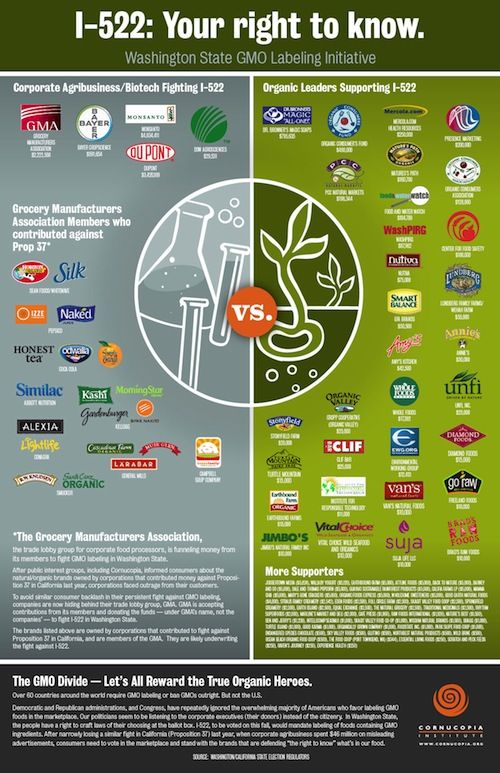
The American Academy of Pediatrics (AAP) recommends screening for elevated lead levels in children 9 to 12 months old, and again around age 2.
The AAP also has guidelines for parents to help shield their children from toxic heavy metals, which enter food through water and soil as well as from during the manufacturing and packaging processes.
In the new report released Wednesday, the subcommittee says Beech-Nut recalled just two of its six infant rice cereal products that tested over the FDA's limit of inorganic arsenic earlier this year, while Gerber did not recall either of its two products that also tested over the limit.
In response to the report, a Beech-Nut spokesperson told ABC News in a statement, "Our process of manufacturing baby food does not contribute heavy metals to the final product. Heavy metals are found naturally in our environment. They are in the soil, the water, the air—and are therefore unavoidable in our overall food supply."
As part of its continuous improvement practices, Beech-Nut continues to work with the FDA to identify the best practices, which may include "finished product testing," according to the statement.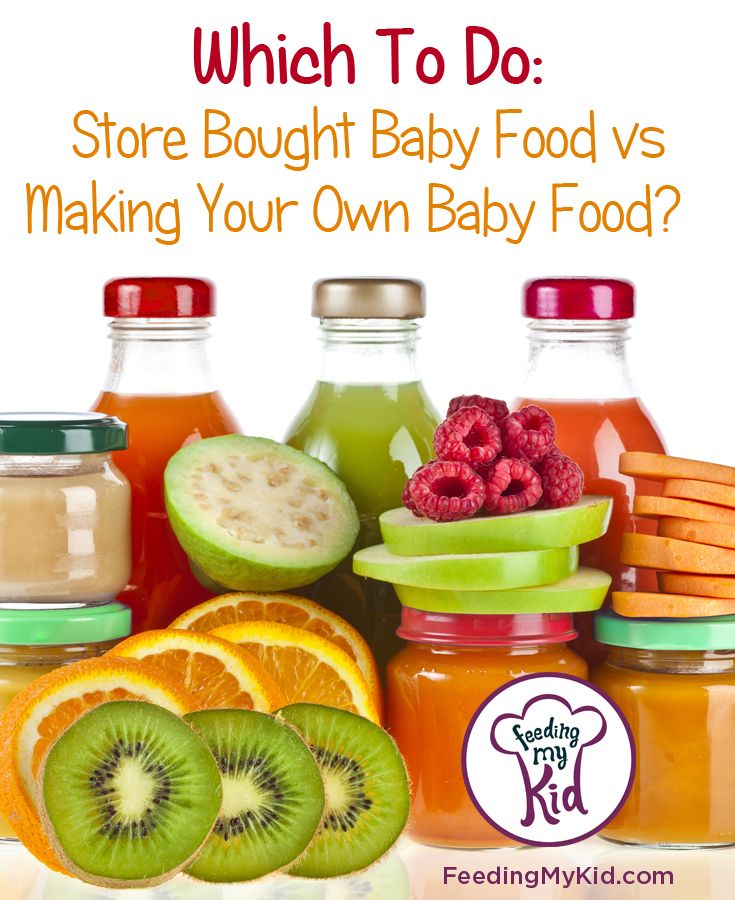
Gerber told ABC News that it is "committed to reducing the levels of heavy metals in our baby foods to the lowest levels possible."
"The FDA made us aware of their contact from the State of Alaska about a sample of our rice cereal that tested slightly above the guidance level for inorganic arsenic set by the FDA, and was referenced in the report. The FDA retested the sample, was unable to confirm the result by Alaska and confirmed to Gerber that no action was needed," the company said in a statement. "While the Subcommittee report notes proposed limits on specific heavy metals, those are based on proposed standards from the Baby Food Safety Act, which are not current law or regulation. All Gerber foods have and continue to meet all applicable guidelines and limits set by the FDA, the governing body for safety regulations in the food industry."
The subcommittee report also names Plum Organics, whose products it says are "tainted with high levels of toxic heavy metals." It also calls out Walmart for weakening its arsenic standard in baby food products, calling the decision "an extreme course reversal on efforts to protect babies' neurological development. "
"
Sun-Maid, which purchased Plum Organics in May from Campbell Soup Co., did not respond to ABC News' request for comment.
Campbell Soup Co. told ABC News that it continues to "support the FDA's efforts in setting clear and specific science-based federal standards."
"For more than 150 years, Campbell has placed the safety of our consumers above all else," the company said in a statement. "We have cooperated with the subcommittee throughout this process and will continue to do so. In fact, we released the data highlighted in this report in February 2021 and published it on our web site at that time."
Walmart said in response to the report's findings that it has "always required that our suppliers' products meet the guidelines established by the FDA."
"Our specifications have always been aligned with or below the FDA requirements for naturally occurring elements and the FDA noted in April that its testing shows that children 'are not at an immediate health risk to exposure," Walmart said in a statement to ABC News.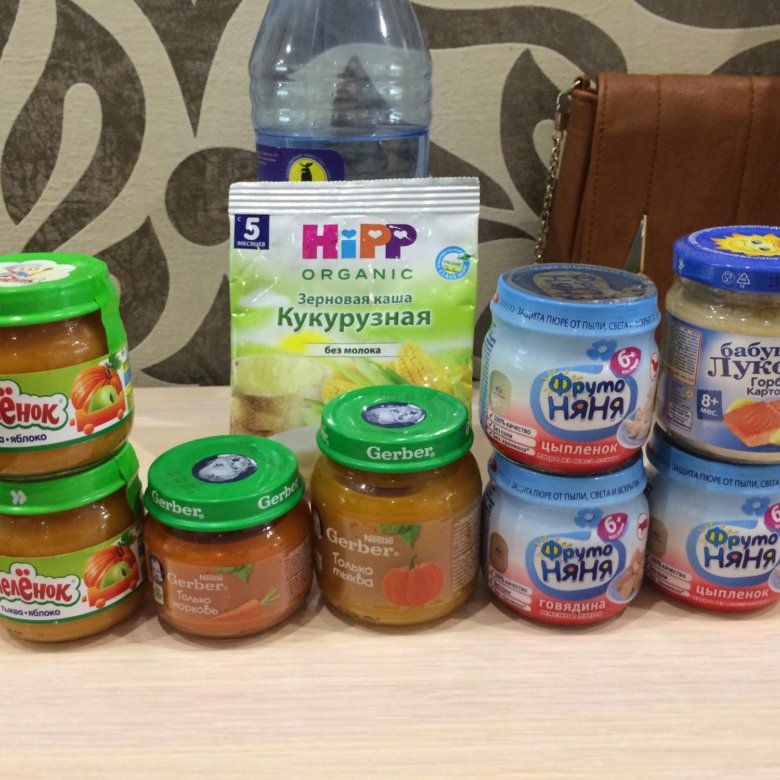 "We are encouraged the FDA launched a collaborative process to establish science-based standards for infant and baby foods and look forward to further guidance."
"We are encouraged the FDA launched a collaborative process to establish science-based standards for infant and baby foods and look forward to further guidance."
Experts from the Subcommittee on Economic and Consumer Policy of the US House of Representatives found dangerous levels of toxic metals in the baby food of several American brands. CNN writes about the progress of the investigation.
- Testing found high levels of substances such as arsenic, lead, cadmium and mercury in baby products. These heavy toxic metals pose a serious health hazard to children.
- Products from Gerber, Nurture Inc., Hain Celestial Group and Beech-Nutrition.
- Manufacturers are accused of knowingly selling these unlabeled products to parents who are unaware of the risks they are putting their children at.
- Experts and the World Health Organization also draw attention to the fact that exposure to these metals can lead to a decrease in intelligence, inhibition of the neurological development of infants and impaired brain function.
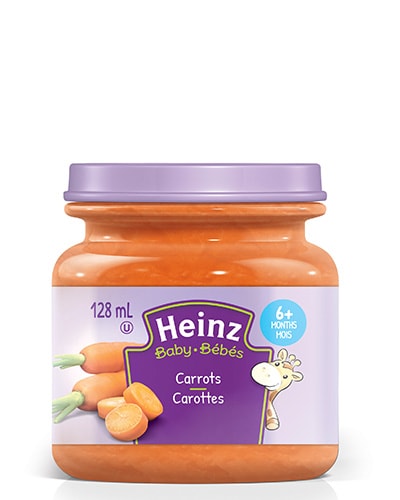
US baby food market situation
According to the 2019 Healthy Babies Bright Futures (HBBF) report, 95% of baby food samples tested contain at least one of four substances: arsenic, mercury, cadmium or lead.
- Experts tested 168 baby food brands. 25% of them contained all four substances at once.
- The researchers specifically recommended avoiding rice-based foods, as well as carrots, sweet potatoes, and fruit juices.
- Instead, scientists recommended steaming vegetables for children, feeding them cereals, fruits for breakfast, and using a frozen banana or chilled cucumber to relieve teething pain.
In Russia
, New Zealand (1), Russia (4), Finland (1), Switzerland (1) and Estonia (1), which are sold in Russia.
- Experts did not reveal any violations, but only the Belarusian product showed full compliance with all quality standards.
- Experts tested the mixtures for microbiological safety and the presence of preservatives and antibiotics.
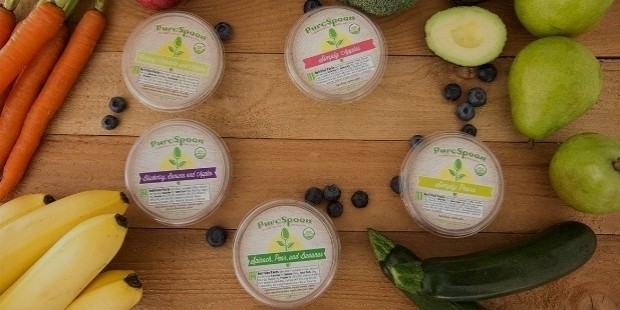
- The results showed that the products are "free of dangerous microorganisms (including salmonella), mold and yeast, preservatives and antibiotics, lead, mercury, cadmium and arsenic."
Child food poisoning cases
- On November 24, 2009, two businessmen were executed in China for producing and selling baby milk containing melamine, which is widely used to make dyes, glues and concrete. As a result of drinking poisoned milk, six children died, and more than 300 thousand fell ill with severe urolithiasis. In total, businessmen sold 1,500 tons of melanin milk.
- In January Emmanuel Besnier, CEO of Lactalis, announced that 12 million cans of salmonella-contaminated baby food would be withdrawn from sales worldwide. Products for babies were produced at a factory in the commune of Craon. At the time of the announcement of the seizure in France alone, 37 children had contracted salmonellosis.
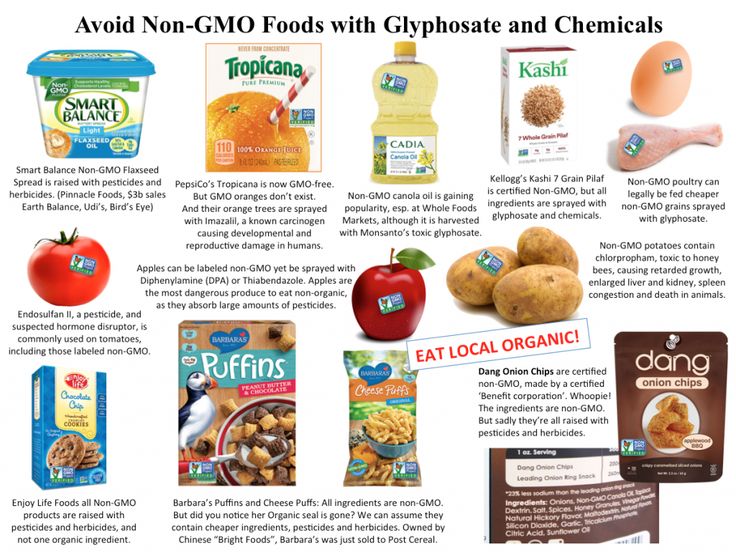 The age of the sick - from 2 weeks to 9months.
The age of the sick - from 2 weeks to 9months.
Arsenic, lead and mercury found in popular brands of baby food
https://ria.ru/20210205/pitanie-1596127725.html
Popular brands of baby food found arsenic, lead and mercury
American... RIA Novosti, 02/05/2021
2021-02-05T10: 41
2021-02-05T10: 41
2021-02-05T16: 38
in the world
USA
WHO 9000 head/meta[@name='og:title']/@content
/html/head/meta[@name='og:description']/@content
https://cdnn21.img.ria.ru /images/156244/93/1562449374_0:0:2279:1282_1920x0_80_0_0_d929793688c9dd7ff87ce7e2722ad5f9.jpg
MOSCOW, February 5 - RIA Novosti. High levels of heavy toxic metals, including arsenic, lead, cadmium and mercury, have been found in some U.S. baby formulas that can lead to neurological damage in children, according to a U.S. House of Representatives study. Economic and Consumer Policy Subcommittee experts examined the domestic documentation from Gerber, Nurture Inc, Hain Celestial Group Inc, Beech-Nutrition, who provided data on a voluntary basis in response to a subcommittee request.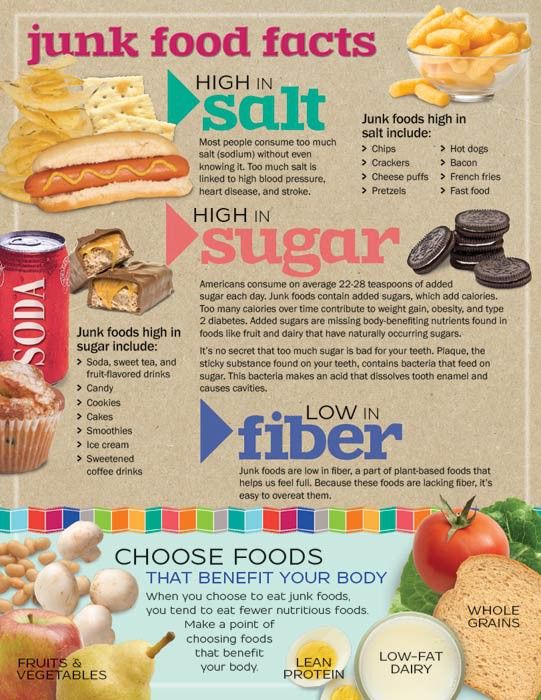 It was based on reports of the presence of metals a year earlier. Walmart, Campbell and Sprout Organic Foods refused to cooperate with the investigators. "The subcommittee investigation proves that commercial baby food contains dangerous levels of arsenic, lead, mercury and cadmium. "metals pose a serious health hazard to infants and toddlers. Manufacturers knowingly sell these products to unsuspecting parents, despite internal company standards and test results, and without any warning labels," the subcommittee on economic and consumer policy said in the text of the study. in the structure of the Committee on Oversight and Reform in the US House of Representatives. It is noted that exposure to toxic heavy metals leads to a "permanent decrease in IQ", as well as a decrease in "infant neurological development and long-term brain function." According to the US regulator and WHO, these four heavy metals are hazardous to human health, "especially for infants and children, who are most susceptible to their neutrotoxic effects.
It was based on reports of the presence of metals a year earlier. Walmart, Campbell and Sprout Organic Foods refused to cooperate with the investigators. "The subcommittee investigation proves that commercial baby food contains dangerous levels of arsenic, lead, mercury and cadmium. "metals pose a serious health hazard to infants and toddlers. Manufacturers knowingly sell these products to unsuspecting parents, despite internal company standards and test results, and without any warning labels," the subcommittee on economic and consumer policy said in the text of the study. in the structure of the Committee on Oversight and Reform in the US House of Representatives. It is noted that exposure to toxic heavy metals leads to a "permanent decrease in IQ", as well as a decrease in "infant neurological development and long-term brain function." According to the US regulator and WHO, these four heavy metals are hazardous to human health, "especially for infants and children, who are most susceptible to their neutrotoxic effects.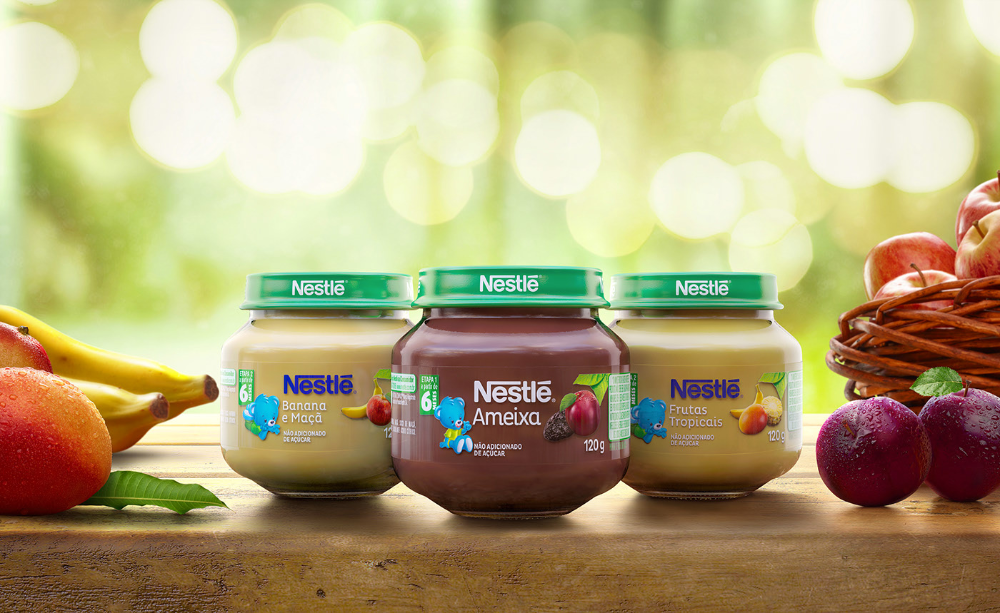 "
"
https://ria.ru/20200815/1575813258.html
https://radiosputnik.ria.ru/20210125/pitanie-159444892.html
US
96
7 495 645-6601
FSUE MIA "Russia Today"
https: //xn---c1acbl2abdlkab1og.xn-p1ai/AVARDS/
2021 9000 9000 9000 9000 RIA Novosti
1
5
4.7
96
7 495 645-6601
Rossiya Segodnya
https://xn--c1acbl2abdlkab1og.xn--p1ai/awards/
News -RU
https://ria.ru/docs/about/copyright.html
https://xn--c1acbl2abdlkab1og.xn--p1ai/
RIA Novosti
1
5
4. 96
7 495 645-6601
Rossiya Segodnya 95 645-6601
Federal State Unitary Enterprise MIA Russia Today
https: //xn---C1acbl2abdlkab1og.xn--p1ai/Awards/
RIA Novosti
1
5
4.7 9000 9000
Internet- [email protected]
7 495 645-6601
Rossiya Segodnya
https://xn--c1acbl2abdlkab1og. xn--p1ai/awards/
xn--p1ai/awards/
worldwide , walmart
Worldwide, USA, WHO, Health - Society, Walmart
MOSCOW, February 5 - RIA Novosti. High levels of heavy toxic metals, including arsenic, lead, cadmium and mercury, have been found in some US baby formulas that can lead to neurological damage in children, according to a US House of Representatives study.
Experts from the Economic and Consumer Policy Subcommittee reviewed internal documentation from Gerber, Nurture Inc, Hain Celestial Group Inc, Beech-Nutrition, which provided data on a voluntary basis in response to a subcommittee request. It was based on reports of the presence of metals that appeared a year earlier.
August 15, 2020, 02:05 AM
Sugar in baby food deemed dangerous for adults
Walmart, Campbell and Sprout Organic Foods refused to cooperate with the investigators.
"Subcommittee investigation finds that commercial baby food contains dangerous levels of arsenic, lead, mercury, and cadmium.